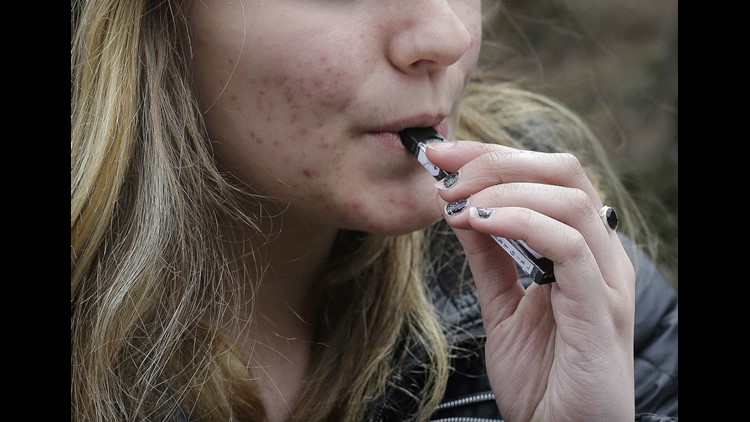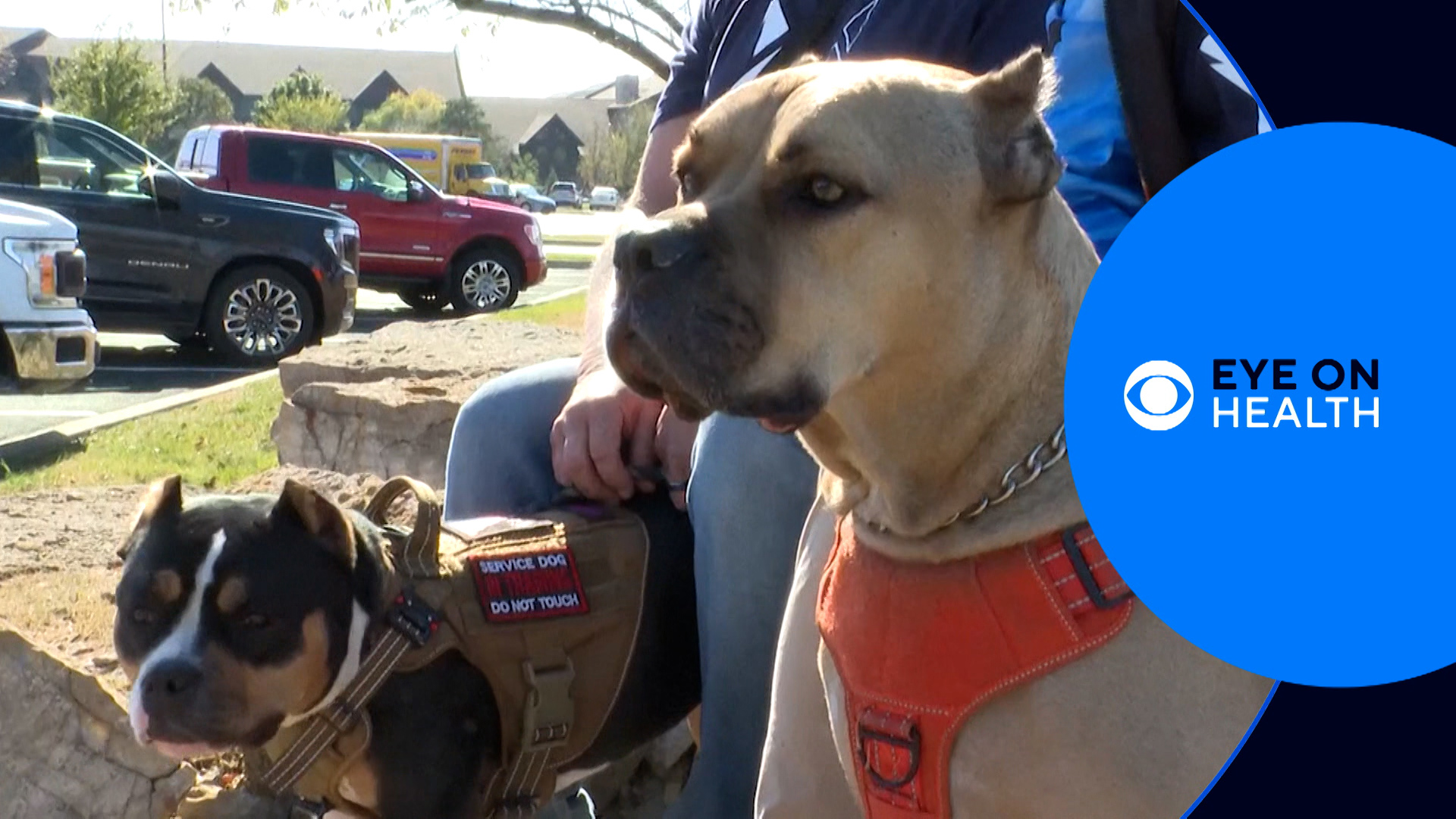In Wisconsin, at least a dozen people have recently been hospitalized and treated for severe lung damage. The first cases were reported last month, and the number has been growing. All of these patients are young — between their teenage years and 30s — and all of them appear to have been harmed by vaping.
Wisconsin's Department of Health Services confirmed 12 cases and is investigating 13 others, including older patients up to their 50s who are experiencing lug damage as a result of vaping, according to The Milwaukee Journal Sentinel.
The hospitalization of at least a dozen young people raises the question: How have e-cigarettes caused so much damage, when they haven't even been around for that long?
"It's mind-boggling," Dr. Diana Zuckerman, president of the National Center for Health Research, told CBS News. "The vast majority of people who smoke started as children or as young teens, and yet you don't hear about people getting lung cancer until their 40s, 50s, 60s," she said. "Think about that compared to what's happening to these kids now. I've never heard of a smoker ending up in the hospital in their teens."
Zuckerman pointed to one specific case: a college freshman from Florida whose lung collapsed. In an interview with The Daily Mail, the teen admitted to vaping about one JUUL pod every two days for a year.
"Really, a collapsed lung on an 18-year-old after one year? That's mind-boggling," Zuckerman said. "He didn't have the symptoms that might have warned him that something was wrong — until something was really terribly wrong."
The big problem she sees with Juul and other e-cigarettes and vapes: "We don't know yet what the symptoms might be," Zuckerman said.
It took doctors years to fully understand all of the risks associated with smoking cigarettes, including cancer, Zuckerman said. When it comes to vaping, it is too early on for doctors to know all the potential long-term health consequences. However, there is growing evidence of short-term risks and lung damage, according to Zuckerman.
"Lung damage is what we're most focused on right now, but there's so much more going on," she said. "There are chemicals in Juul and e-cigs and we're not exactly sure what the impact is going to be because we haven't seen it before."
A study published in the journal Pediatrics last year found a number of different toxic chemicals in e-cigarettes, including one linked to several types of cancer. Some of the chemicals turned up even when teens used non-nicotine products like fruit-flavored vapes.
While there are many unanswered questions about vaping that may be revealed over time, one thing is starting to become clear to Zuckerman: "It seems some kids are having very measurable damage in a very short period of time than what we've seen from [cigarette] smoke."
Juul's popularity with teens is a particular concern because the rash of lung problems appears to be affecting young people more than any other age group. "The same amount of vaping for a child that weighs, say, 100 pounds, is a bigger issue than for somebody who weighs 200 pounds," Zuckerman said.



